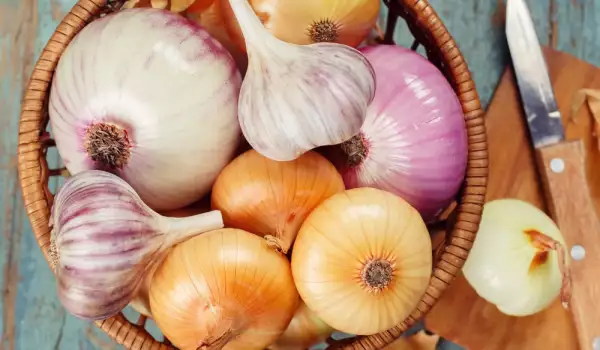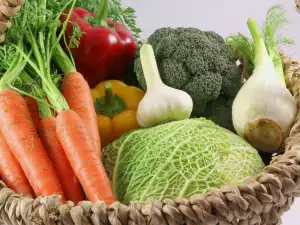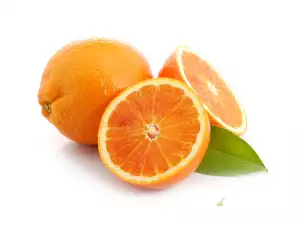Quercetin belongs to an enormous group of nutrients, known by the common name bioflavonoids, possessing powerful antioxidant properties. They provide a red or blue color to plants and were discovered back in 1930 by Dr. Albert Szent-Györgyi, who found that bioflavonoids could fortify cell walls in such a way that not even vitamin C could.
Quercetin is among the most well-known bioflavonoids that has a high anti-allergy function. Quercetin is a potent anti-inflammatory substance that protects against diseases of the digestive system, eyes and respiratory airways.
Benefits of Quercetin
One of the most important benefits of quercetin is its ability to strengthen cell walls. This makes it among the most important histamine regulators, which in turn is of prime importance for proper immune system functioning.
Quercetin is thought to stop the development of allergies in their earliest stages - there are 2 reasons for this. First, it has a powerful anti-inflammatory action, very successful in protecting the lungs. It prevents watery eyes and swelling of the airways, resulting from contact with pollen. This means it's extraordinarily good in the battle against arthritis and asthma as well.
Quercetin protects the eyes and nose but does not cause drowsiness, as seen when taking allergy medications.
Quercetin is successful in combating conditions such as depression, fatigue, stress, it protects the stomach from problems and has a well-expressed action in the battle against cancer. There are all sorts of studies proving the anticancer properties of quercetin. It prevents cancer cells from multiplying, counteracts tumor processes in the mouth. It helps in leukemia treatment as well.
People who take in enough quercetin face a lower risk of heart attack and stroke, as well as a lower risk of thrombi formation. This crucial bioflavonoid prevents ulcers and bleeding in the stomach wall and intestines, it regulates the functions of the most important systems - the immune, endocrine and nervous systems.
Another highly important action of quercetin is its antioxidant one - it blocks the effects of free radicals, slows the processes of the aging of cells, of the cardiac muscle and cornea of the eye.
Quercetin effectively protects against potential heart threats coming from cholesterol. Regular consumption of foods with quercetin fights the onset of cardiovascular diseases.
Quercetin is effective in treating inflammatory diseases, cataracts, varicose veins, diseases resulting from freezes or burns. It's used in cosmetics to decrease the appearance of wrinkles and rejuvenate.
The cold during the winter months dries the skin, sucking the moisture out of it, thereby causing red spots and wrinkles. Quercetin once again comes to the rescue in this case, for it has the ability to moisten skin, soothe and tighten it. Taking quercetin affects collagen, a key factor for beautiful and youthful-looking skin, directly.
Sources of Quercetin
The best sources of quercetin are apples, strawberries, cherries, peaches, blueberries, sour cherries, citrus fruits, leafy green vegetables, apricots, onions, green onions, tomatoes, garlic and green tea. Other such foods include capers, grapes, wild berries, leeks, cabbage and red wine.

Taking Quercetin
Numerous experts recommend taking quercetin especially during the spring and summer months, when the body has to fight off all of the allergic conditions that have to do with blooming and pollen.
Still, extended use is not very advisable. This applies only for pills though, because the foods rich in quercetin are extremely healthy.
Of course if the foods listed above are not available to you year-round, then food supplements come to the fore, which usually contain many other healthy minerals and vitamins aside from quercetin.
Quercetin is also used for hypertension, increased capillary fragility, atherosclerosis, rheumatism, infectious and other diseases.
Taking quercetin is highly important because it boosts the body's ability to fight various diseases and conditions, it facilitates the body's adaptation and helps the immune system deal with the problems that each new season brings.
















